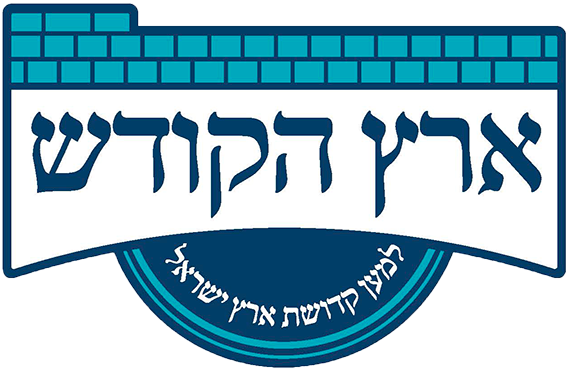The chairman of the Eretz Hakodesh party in the WZO, Rabbi Pesach Lerner, has appealed for an immediate freeze of the transfer of funds to a joint venture of the Ministry of Diaspora and the Panim organization to establish a so-called “Office of Jewish Renewal,” which was approved in the amount of NIS 60 million from coalition funds of the Labor Party.
Jerusalem, Israel – Aug. 15, 2022 – The chairman of the Eretz Hakodesh party in the WZO, Rabbi Pesach Lerner, has appealed for an immediate freeze of the transfer of funds to a joint venture of the Ministry of Diaspora and the Panim organization to establish a so-called “Office of Jewish Renewal,” which was approved in the amount of NIS 60 million from coalition funds of the Labor Party.
An investigation has revealed that MK Gilad Kariv served concurrently with his tenure in the Knesset as a member of Panim’s executive board, and that the Diaspora Ministry’s engagement with Panim raises serious questions and concerns of conflict of interest.
Rabbi Lerner pointed out that since Eretz Hakodesh is a global Jewish movement which operates to strengthen Jewish identity and Jews’ connection to Eretz Yisroel, he was very surprised that neither he nor any other such organizations were given any opportunity to participate in the “Jewish Renewal” project.
Following this, an in-depth investigation was conducted, revealing that the procedure for establishing the Office of Jewish Renewal in collaboration with the Panim organization was carried out in an improper manner, raising suspicion of improprieties. At the same time, journalist Kalman Libeskind published an investigation in the Ma’ariv newspaper about the involvement of MK Kariv in the project, raising serious questions about the approval of the project.
In the investigation published in Ma’ariv, Libeskind points out that there are allegations about the allocation of the money, with the sole goal of funneling funds to Reform and Conservative bodies that are close to Labor and other left-wing parties. These claims gain further validity from the fact that the office chosen to lead the project is precisely the Ministry of the Diaspora, which is under the control of the Labor Party, at the same time that the ministry’s field of activity is related to matters concerning Diaspora Jewry, while the entire project of the Office of Jewish Renewal is intended for non-profit organizations operating in Israel.
The Ma’ariv investigation enumerates the questions that arise surrounding the transfer of NIS 60 million to the organization, Panim, of which MK Kariv served as a member, and the fact that the Diaspora Ministry did not hesitate in any way to transfer tens of millions of shekels without a tender, without criteria, to an entity that has no financial management or experience.
The establishment of the Office of Jewish Renewal and the budgeting of the project are the implementation of a clause in the coalition agreement that was signed when the Labor faction entered the government. MK Kariv, who previously served as the chairman of the Reform movement in Israel, promoted the introduction of the clause and took an active role in its promotion and approval in the state budget for 2022. However, it has emerged that the money went to the Panim organization, in which MK Kariv was involved as an executive committee member. MK Kariv’s connections with Panim did not prevent him from dealing with the budget. In fact, the chairman of Panim publicly thanked him on Twitter, stating, “Thanks to those without whom the project would not have happened.”
Rabbi Lerner pointed out that the contract with Panim was conducted improperly and in violation of regulations, while members of Panim participated in meetings with the members of the Office of Jewish Renewal.
“The Panim organization is closely connected to the entity that ended up allocating tens of millions to itself,” Rabbi Lerner said.
In addition, while the Panim organization’s annual budget in previous years amounted to just 1% of the scope of this entire project, strangely, it was not required to provide any proof of its ability to manage funds on such a scale.
Rabbi Lerner points out additional legal difficulties involved in the existence of such a project through the Diaspora Ministry, whose formal field of activity, as mentioned before, is the Diaspora, while the directorate’s budget is intended for activities which will certainly take place within the borders of the State of Israel. Apart from that, there was no need to have a “conduit” for transferring the funding.






